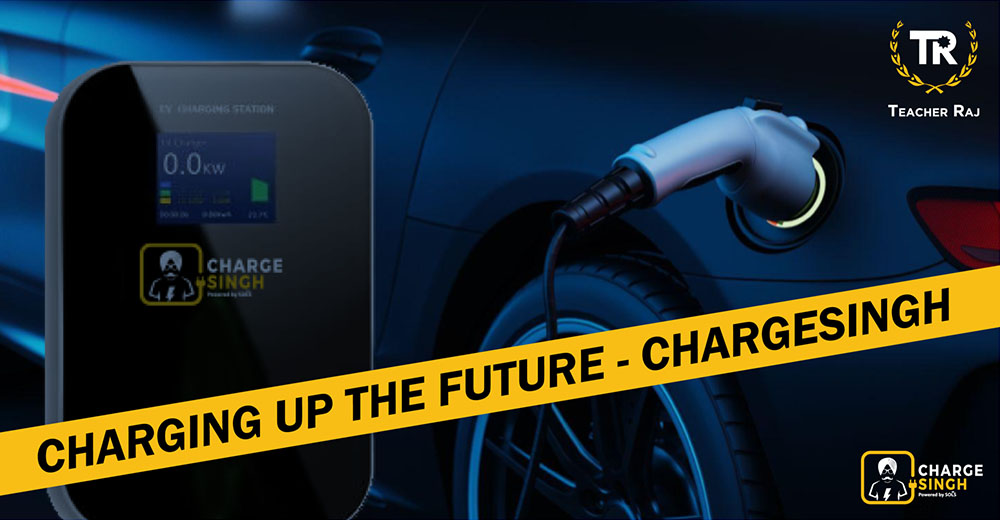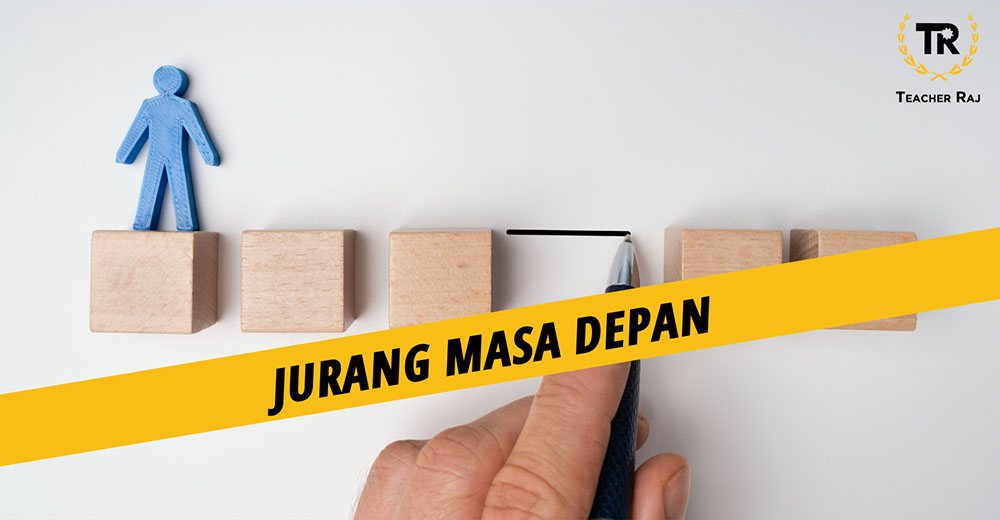The Net Energy Metering (NEM) started as a government-led initiative to encourage electricity consumers to produce solar energy via a solar PV system for their own domestic use. If there is surplus energy generated, TNB will purchase it on a ‘one-on-one’ offset basis.
This programme was first introduced in 2016 and relaunched as NEM 3.0 for the current phase (2021-2023) which has a quota allocation of 500MW. NEM 3.0 has also expanded to cover commercial and government entities. This is a fantastic move to encourage solar power uptake, as the country moves towards achieving its green goals.
There are 3 components to NEM 3.0. NEM Rakyat Programme, which aims to lower electricity bills for residential premises, with excess energy exported to the grid and paid on a 1:1 basis. Not only are you supplying your own electricity, but there’s also an opportunity to earn in return.
The Net Offset Virtual Aggregation (NOVA) Programme are for businesses, to lower their operating costs by using solar PV. Surplus electricity may also be exported back, with the value used to offset the next bill payment.
The NEM GoMEn Programme extends to Ministries and Government entities, with a similar concept. According to the Managing Director of Gading Kencana Sdn. Bhd., Datuk Ir. Muhamad Guntor Mansor Tobeng, solar panels in government buildings save up to RM600 mil in electricity bills a year.
The benefits? Reduction of energy expenses, saving you money in the long-term, and reduction of reliance on conventional energy, which is primarily generated fossil fuels. This is good for us and the earth. And less reliance on conventional energy sources signals and pushes the government, the decision-makers, to increase their focus and efforts towards renewable energy.
If you are interested to find out more about how you can use solar energy for your home and your business, check out this detailed FAQ.







